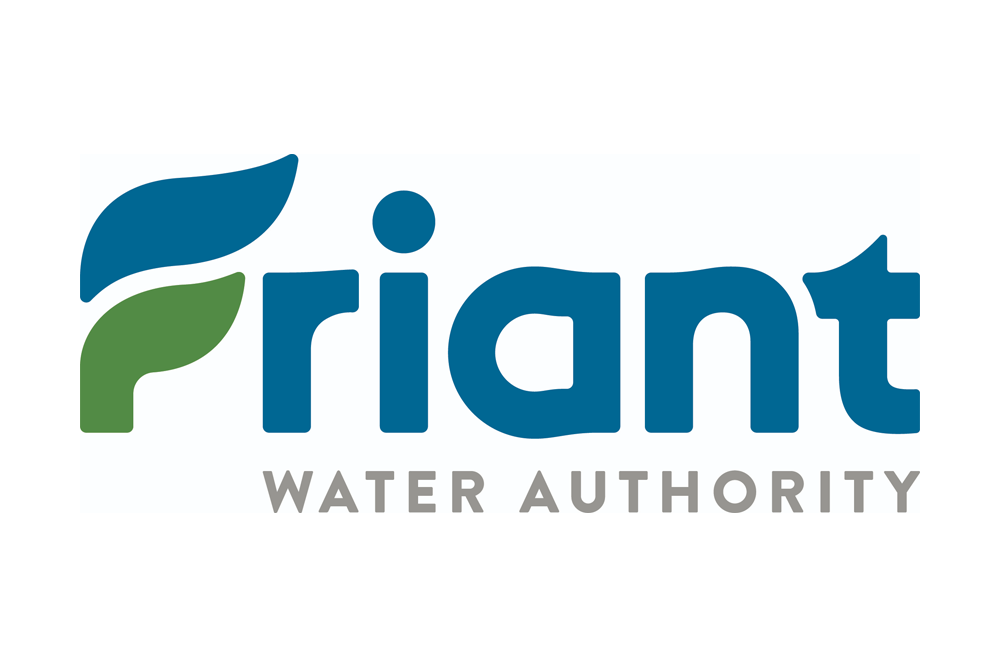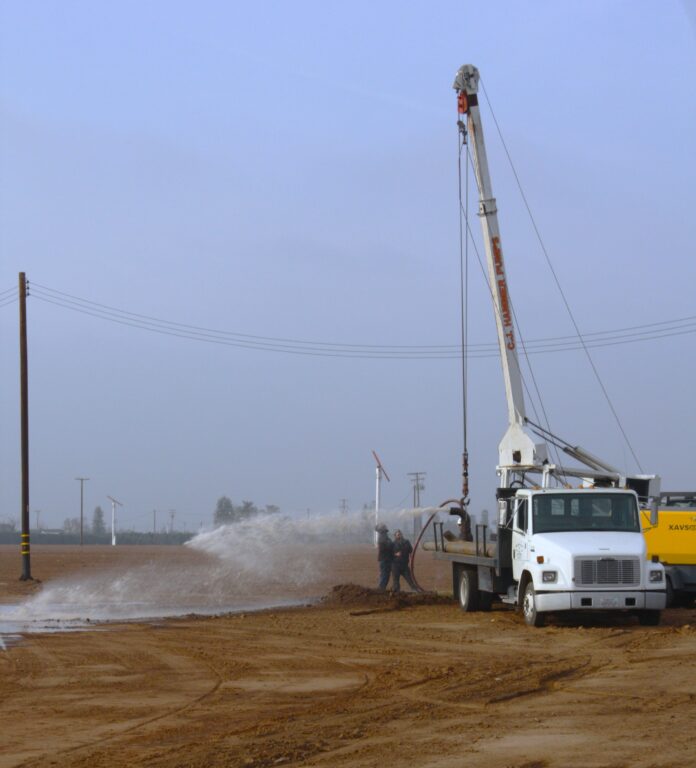 By Tomo Kumahira, Ryo Takanashi and Don Wright
By Tomo Kumahira, Ryo Takanashi and Don Wright
Hello all. This report is a first. WaterWrights.net is teaming up with WaterOne.ai to bring you this report on the Consolidated Irrigation District’s efforts to pass what’s known as a 218 election. Tomo Kumahira and Ryo Takanashi are the founders of WaterOne.ai.
Kumahira and Takanashi are from Japan but have worked in American agriculture for several years. They have experience in financing and even purchasing feed for Wagyu beef. They went into business together while completing their post graduate studies at Stanford University. They are recording and distilling Sustainable Groundwater Management Act, SGMA, meetings and other water related meetings through AI as a means to develop a database of information usable by growers and water managers. Both gentlemen and their headquarters have moved to Fresno from the Bay Area to be nearer the agricultural heartland of California.
several years. They have experience in financing and even purchasing feed for Wagyu beef. They went into business together while completing their post graduate studies at Stanford University. They are recording and distilling Sustainable Groundwater Management Act, SGMA, meetings and other water related meetings through AI as a means to develop a database of information usable by growers and water managers. Both gentlemen and their headquarters have moved to Fresno from the Bay Area to be nearer the agricultural heartland of California.
AI
Since there are more meetings than one can reasonably attend, we at WaterWrights.net felt this would be an opportunity to work with some trusted friends and provide better coverage. Each Groundwater Sustainability Agency, GSA have unique rules and it is a massive undertaking to sort it out. However, incorporating AI into reporting is a double-edged sword.
AI can take the facts and arrange them in a useable, somewhat readable order. It can also read them aloud – but it is still artificial. It’s a tool. We’ve seen the AI produced content come across sterile and even nonsensical. How many times will we hear Tulare pronounced too-larh? Viz-eel-ee-ah is always an entertaining way to hear Visalia pronounced. And of course, there’s the banter of two machine voice-over actors impeccably reading AI generated scripts analogous to AI generate video, very lifelike but for the two thumbs on each hand. You can try listening to them yourself here.
So, here’s what we’re doing – cutting out as much computer phony as we can and steering AI (by human editing) into usable reports. Ag business is a relational business, and we aim to keep it that way.
Consolidated Irrigation District recently held a 218 election. In 1996 voters passed Proposition 218 billed as the “Right to Vote on Taxes Act.” It’s somewhat analogous to Prop 13 but without as many special interests trying to repeal it.
Under Prop 218 a special district such as an irrigation or water district has to get permission from the voters to raise assessments. If you want to go deeper into a 218 election click here.
SGMA has placed increased burdens on ag water districts that usually work in concordance with GSAs. Consolidated ID is no exception. The district has plans to increase its recharge capacity to blunt SGMA’s provisions on its constituents. It’s in a good place; sandy soil that readily takes recharge and supplies from the Kings River during wet years.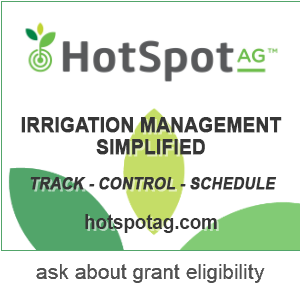
However, not everyone who pays taxes and assessments agrees with that approach. A 218 election gives them a concrete say so in the matter. If more constituents want an increased assessment than those who don’t, the 218 election will pass. I won’t spoil it for you, read the report. And let us know how much you love our efforts to bring about this type of coverage. Even more important – let us know if you don’t love it. Just let us know what you think. Appreciate it and God bless.
The Meeting
In a decisive vote that took place at the Tuesday, August 5th meeting of the Consolidated Irrigation District board could shape the future of farming in the district. Landowners in the Consolidated Irrigation District approved a significant rate increase Tuesday, with 66.37 percent supporting higher assessments to fund critical water infrastructure and meet state-mandated groundwater sustainability requirements.
The Proposition 218 election, which passed by a 2-to-1 margin at a packed meeting at the Kearney Agricultural Center, will raise water assessments from $53 to $76 per acre for gravity-fed irrigators, marking a 43 percent increase. Groundwater-only users will see rates rise from $22 to $31 per acre.
“I think they see the big picture,” said board President Ray Moles, after the results were announced. “We’re not only trying to stay alive today, we’re trying to stay alive for my grandkids and the future generation.”
California’s Tax Revolt Meets Water Crisis
The vote was conducted under Proposition 218, California’s “Right to Vote on Taxes Act,” requires local agencies to mail written notice to property owners before imposing new fees and hold a public hearing where affected landowners can cast ballots. The 1996 constitutional amendment, born from California’s tax revolt movement, means that water districts and groundwater sustainability agencies throughout the state must win voter approval for assessment increases – a process playing out in agricultural regions as they grapple with new sustainability mandates.
For Consolidated, which serves 141,000 acres and more than 4,800 growers primarily growing almonds, grapes and citrus, the challenge is particularly acute: the district’s overdraft has grown from 15,000 to 40,000 acre-feet annually, driven by conversion to permanent crops and increased pumping in surrounding areas.
The district mailed ballots to landowners in mid-May, with votes weighted by acreage and financial obligation. Under Proposition 218’s rules, the assessment required a simple majority – 50 percent plus one – of returned ballots to pass.
A Race Against Time
General Manager Phil Desatoff outlined the urgency during presentations leading up to the vote. The district must meet escalating milestones under the Sustainable Groundwater Management Act (SGMA) – 10 percent overdraft reduction by 2025, 30 percent by 2030, and 60 percent by 2035 – or face state intervention.
“If we don’t get our basin sustainable, the state’s going to step in, and that’s probably not a good thing for us,” Desatoff told attendees during a July webinar. “If they step in, they’re going to solve the problem one way or another.”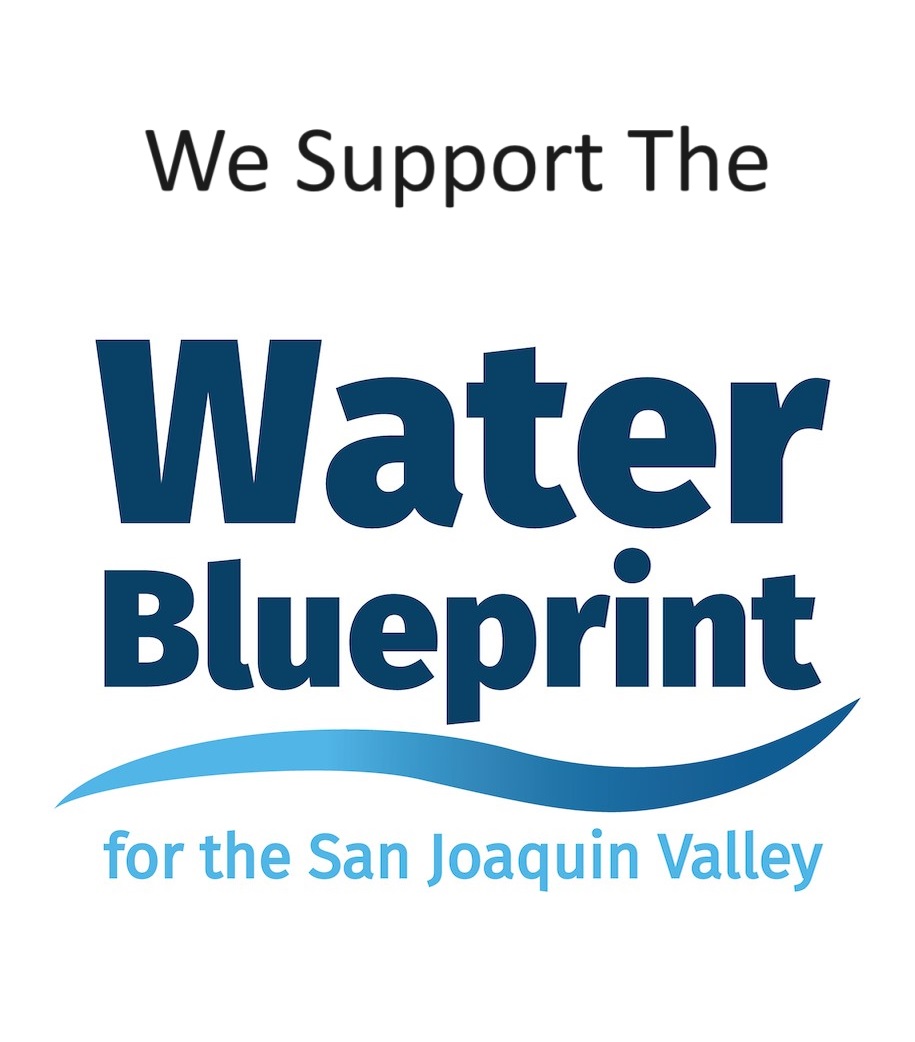
The district’s solution focuses on capturing more flood water during wet years rather than imposing pumping restrictions. The plan calls for constructing 1,000 acres of recharge basins to capture an additional 100,000 acre-feet during flood events, which occur roughly four years out of ten.
Currently, the district can divert 2,000 cubic feet per second from the Kings River, but during the record wet year of 2023, it could only utilize 950 CFS due to insufficient recharge capacity. “I didn’t have ponds to put it in,” Desatoff explained.
Mixed Reactions from Farmers
Not all growers supported the increase. A farmer in the area who spoke at Tuesday’s meeting expressed concerns about the rapid pace of the rate hike. “I’m seeing all types of for sale signs and empty land,” he said. “This is just one more stone in our pack.”
Others thanked the board for their efforts while urging them to also incentivize private landowner recharge programs to help avoid hitting the maximum assessment cap.
Erik Rodriguez, SGMA Technical Assistance and Community Education Specialist at UCANR, funded by the state, noted that the district’s approach relies heavily on recharge basins with little mention of crop conversion assistance or other water-saving methods that have been implemented elsewhere.
Infrastructure Investment
Approximately 80 percent of the increased revenue will fund SGMA compliance, with the remainder supporting aging infrastructure repairs. Much of the district’s canal system dates to the 1930s, built during Depression-era public works programs.
The district has already secured $8 million in grants since 2020 and continues pursuing additional funding, including money from the recently passed Proposition 4. Several projects are underway, including the Nebraska basin phase two and expansions at other locations.
The board also approved continuing water deliveries for six more days through August 11th, despite having only 13,000 acre-feet remaining after temperature control requirements. The decision came after debate about whether to conserve water for potential sale or carryover versus serving growers still needing irrigation.
Looking Ahead
The vote represents a bet that infrastructure investments now will preserve farming’s future in the region. The district plans to acquire an additional 100 acres for recharge basins, potentially through a reverse auction where landowners offer to sell suitable property.
Similar Proposition 218 elections are unfolding across California’s agricultural heartland as groundwater sustainability agencies seek funding for SGMA compliance. The outcomes will determine whether local agencies can maintain control over groundwater management or whether the state will step in with its own restrictions.
Desatoff framed the issue in stark terms, “Agriculture is a national security issue. We need our growers, our farmers, we need you.”
The assessment increase will appear on property tax bills this December. While the approved maximum rates are higher, the district plans to implement increases gradually, starting with the lower amounts approved for 2026.
For a region where land with senior water rights commands premium prices – almond orchards with reliable water sell for $21,000 to $42,000 per acre according to appraisers – Tuesday’s vote reflects a calculation that paying more now beats the alternative of state-imposed pumping restrictions later.
As one attendee put it, “There’s really two ways to do that. One is to restrict pumping, which is not what we want to do… or if we could bring that groundwater table up. To me, this is a cheaper, simpler way.”
Well, there you have it. Go be good to yourselves and others. Also, please go to the very bottom of this page to see what is being done about domestic wells in the age of SGMA.
About WaterOne:
WaterOne is a Fresno-based water management firm serving Central Valley growers, founded by a team from Stanford that combines agricultural expertise with AI engineering. The team offers easy-to-adapt water management tools designed for SGMA and offers fractional water management as a service www.waterone.ai . The company actively monitors GSA and irrigation district board meetings, maintaining a database of rule changes for each district while working directly with growers across the Central Valley. You can access their updates on major meetings at GSAs, Irrigation Districts, and State Board from their GSA Database. For those who want a crash course, access their SGMA 101 available in English, Spanish, and Punjabi here.
fractional water management as a service www.waterone.ai . The company actively monitors GSA and irrigation district board meetings, maintaining a database of rule changes for each district while working directly with growers across the Central Valley. You can access their updates on major meetings at GSAs, Irrigation Districts, and State Board from their GSA Database. For those who want a crash course, access their SGMA 101 available in English, Spanish, and Punjabi here.
About the Team:
Ryo Takanashi is Co-Founder & Chief Product Officer at WaterOne. He brings extensive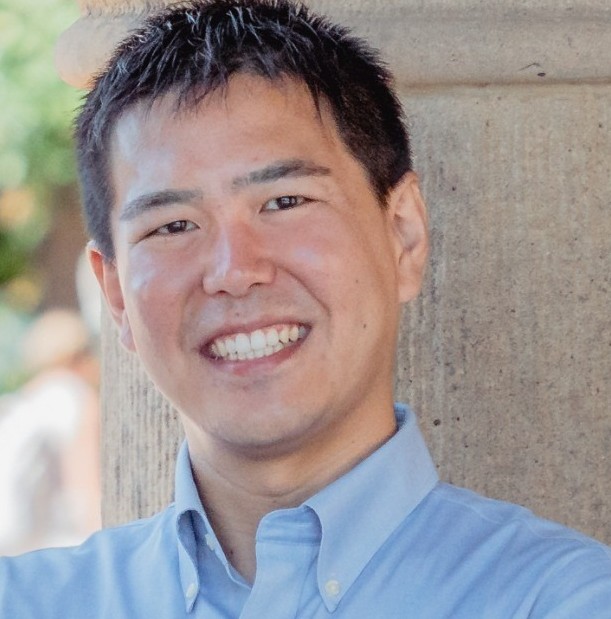 expertise in commodity trading and agricultural engineering. As the youngest Chief Corn Trader for Japan’s largest commercial importer, Ryo managed 20% of the country’s corn imports while stationed in Kansas and Minneapolis. With an Urban Engineering background, he combines technical infrastructure knowledge with hands-on commodity market experience that required constant analysis of crop conditions, yield forecasts, and supply chain logistics. He holds MS-MBA from Stanford.
expertise in commodity trading and agricultural engineering. As the youngest Chief Corn Trader for Japan’s largest commercial importer, Ryo managed 20% of the country’s corn imports while stationed in Kansas and Minneapolis. With an Urban Engineering background, he combines technical infrastructure knowledge with hands-on commodity market experience that required constant analysis of crop conditions, yield forecasts, and supply chain logistics. He holds MS-MBA from Stanford.
Tomo Kumahira is Co-Founder & CEO of WaterOne. Prior to starting WaterOne, Tomo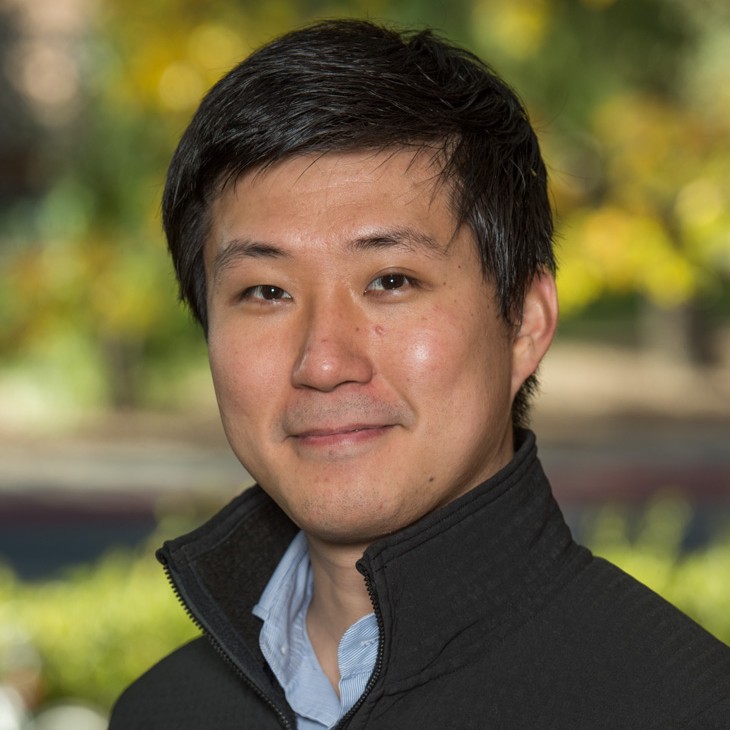 managed one of Africa’s largest agro-forestry operations as CFO, partnering with small-scale 30,000 farmers and covering 40% of commercial afforestation in Kenya. He began his career in natural resources investment at Mitsubishi Corporation. Tomo holds MS-MBA from Stanford (Knight-Hennessy Scholar and Rotary Global Scholar).
managed one of Africa’s largest agro-forestry operations as CFO, partnering with small-scale 30,000 farmers and covering 40% of commercial afforestation in Kenya. He began his career in natural resources investment at Mitsubishi Corporation. Tomo holds MS-MBA from Stanford (Knight-Hennessy Scholar and Rotary Global Scholar).
DISCLAIMER OF RESPONSIBILITY; Waterwrights.net strives to provide its clients with the most complete, up-to-date, and accurate information available. Nevertheless, Waterwrights.net does not serve as a guarantor of the accuracy or completeness of the information provided, and specifically disclaims any and all responsibility for information that is not accurate, up-to-date, or complete. Waterwrights.net’s clients therefore rely on the accuracy, completeness and timeliness of information from Waterwrights.net entirely at their own risk. The opinions expressed in this report are those of the author and do not represent any advertisers or third parties.
ALL RIGHTS RESERVED. Copyright 2025 by WaterWrights.net
CONSOLIDATED IRRIGATION DISTRICT – 2255 Chandler St, Selma, CA 93662 Telephone; 559/896-1660
CID covers 145,000 acres mostly in South Central Fresno County. Surface water supplies: Kings River CID is its own GSA
General Manager – Phil Desatoff, Attorney – Doug Jensen, Water Master – Walt Frost, Controller – Tonya Ruiz
Board of Directors – President Ray Moles, Tony Lewis, Tom Chandler, Greg Thonesen, Paul Sihota




